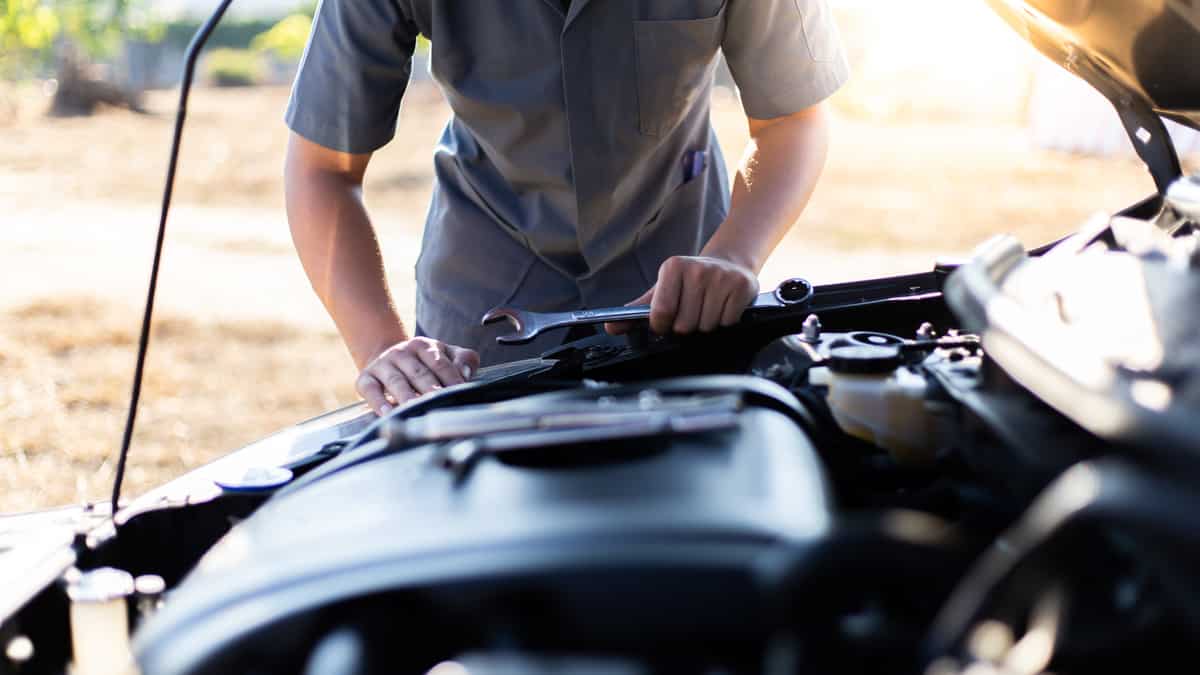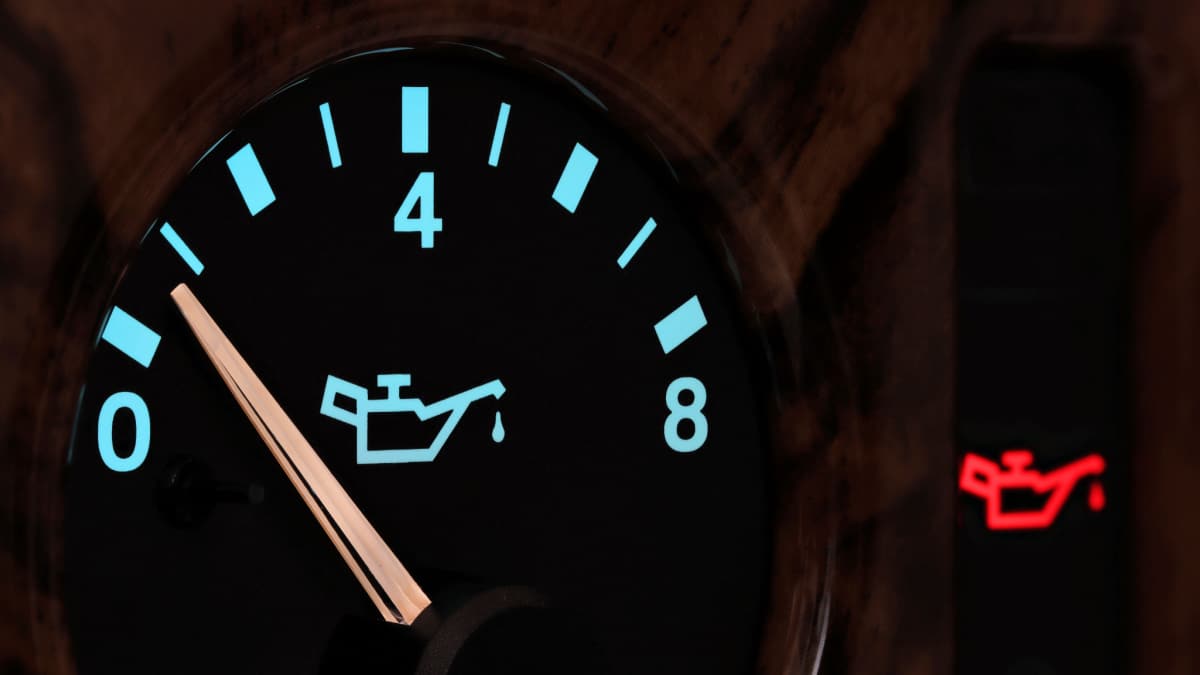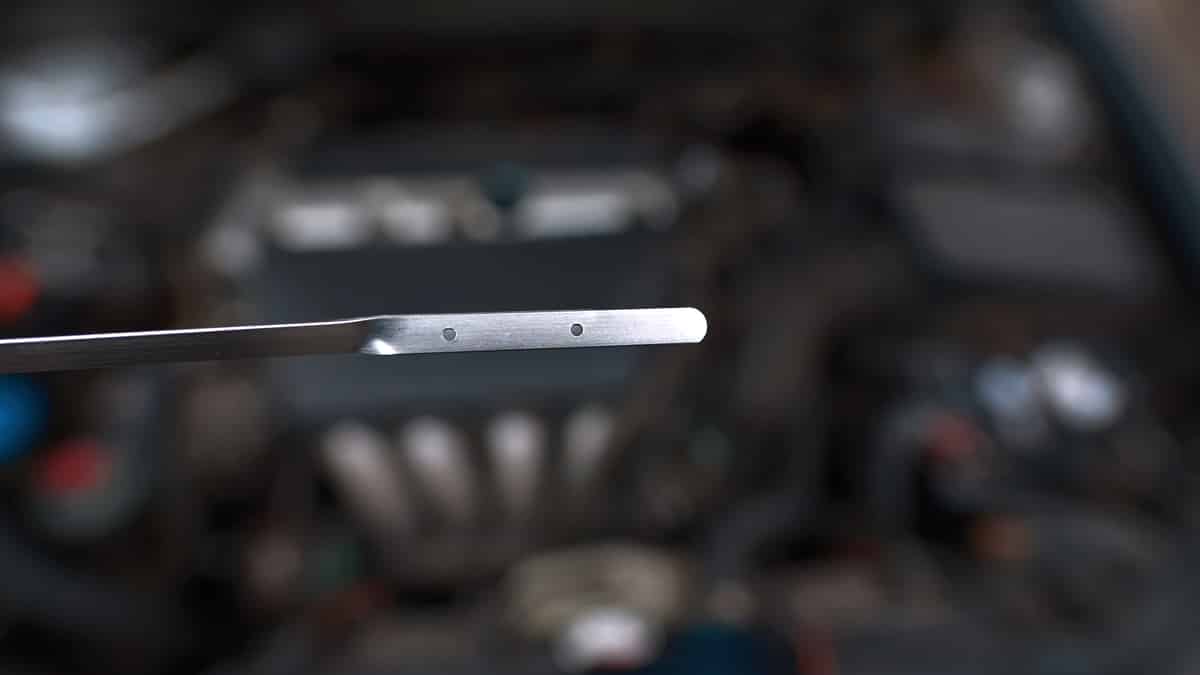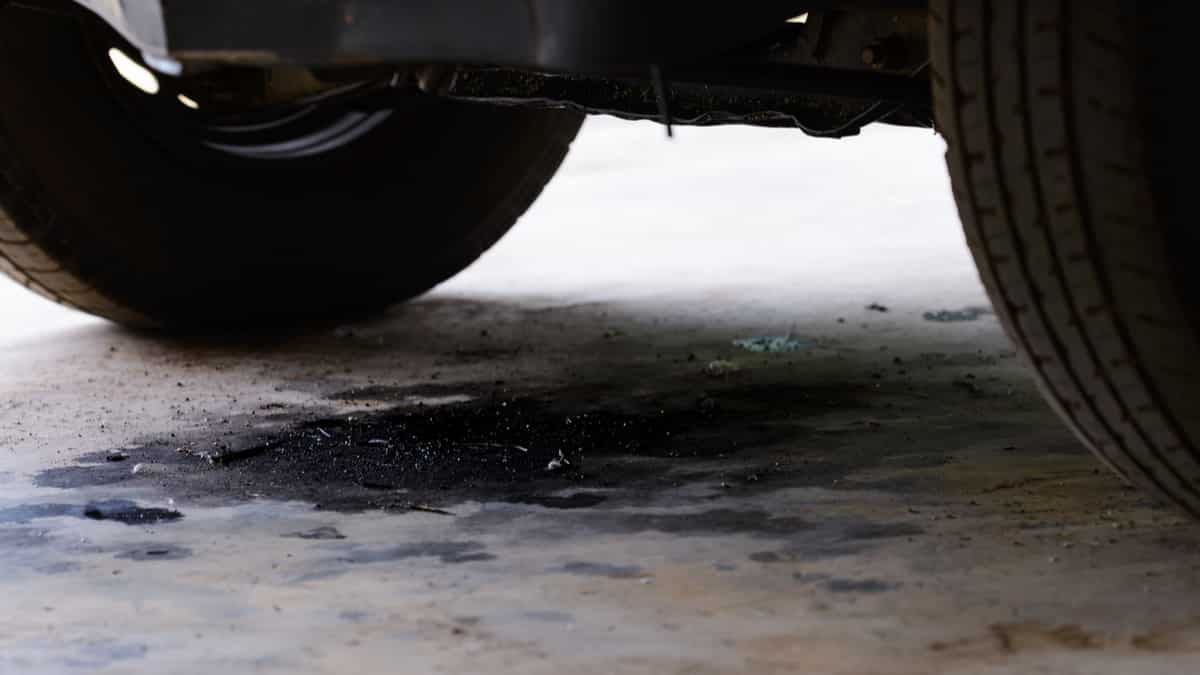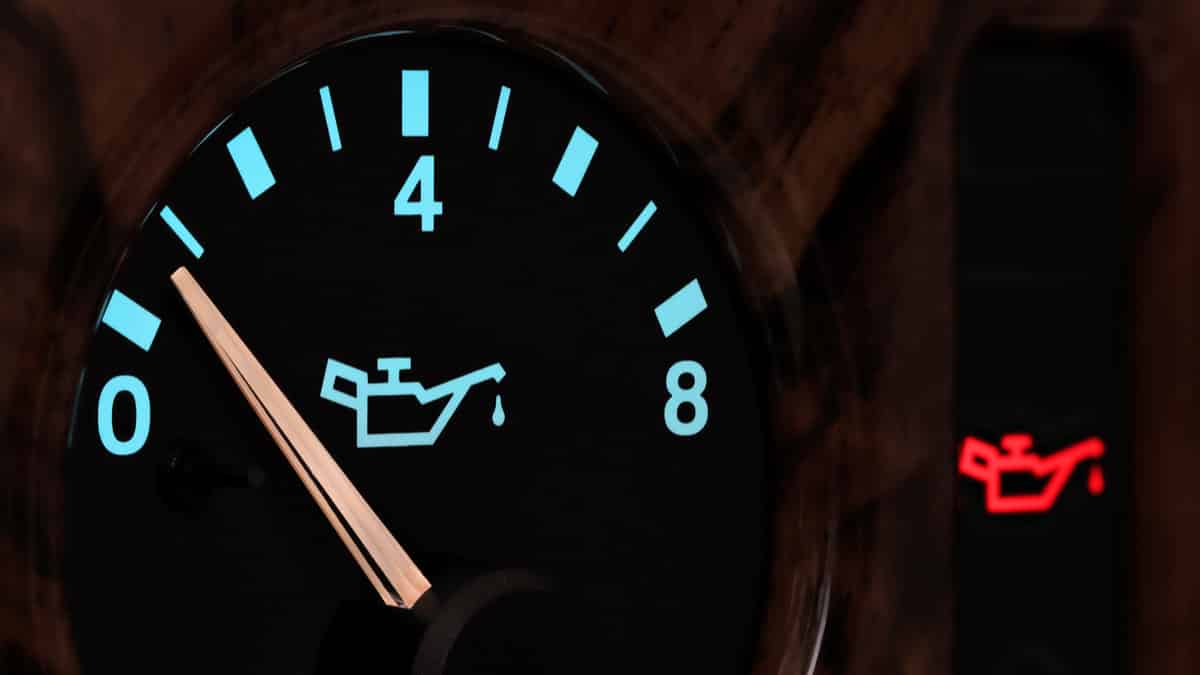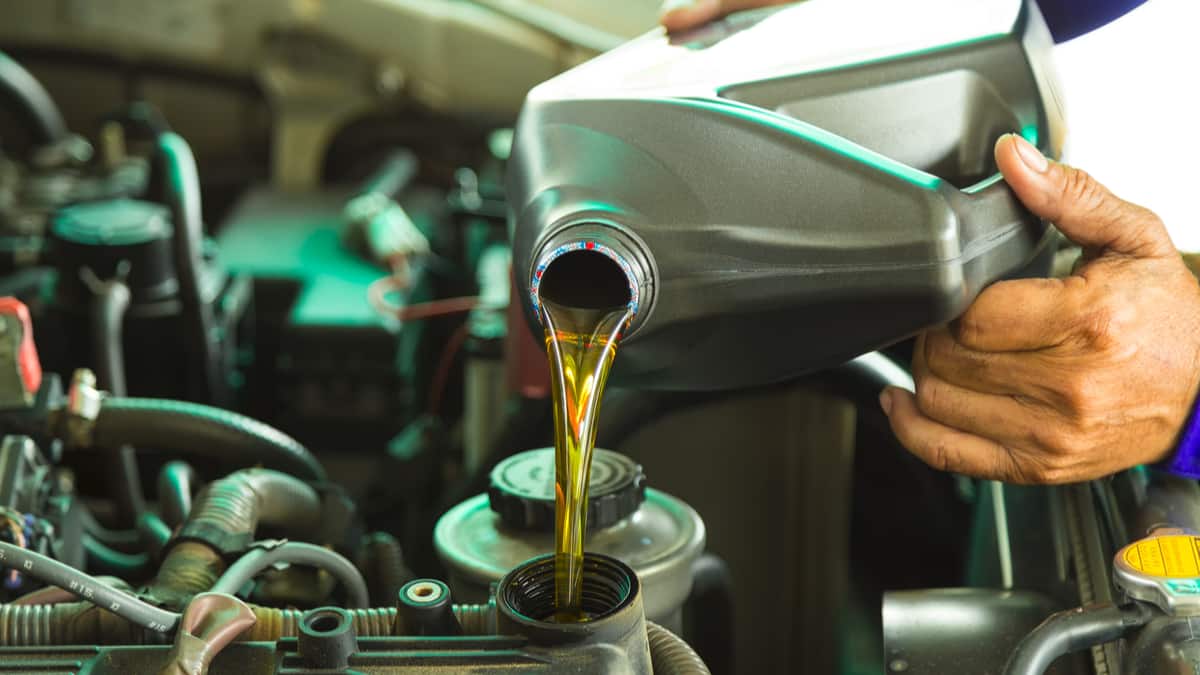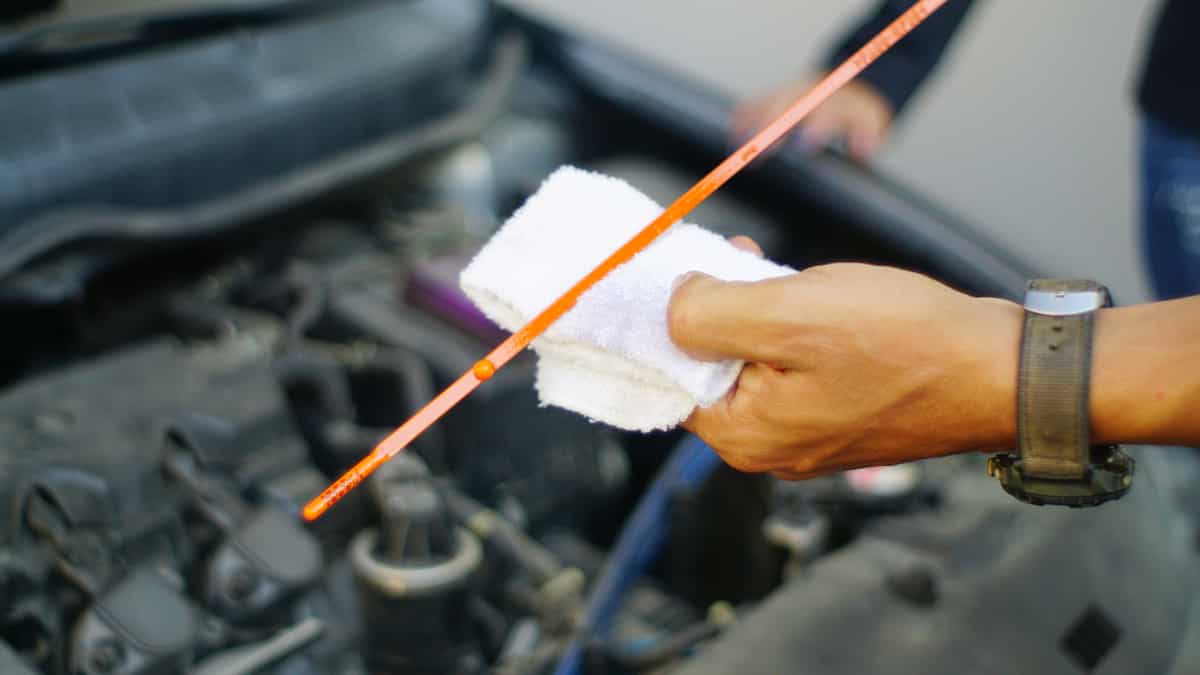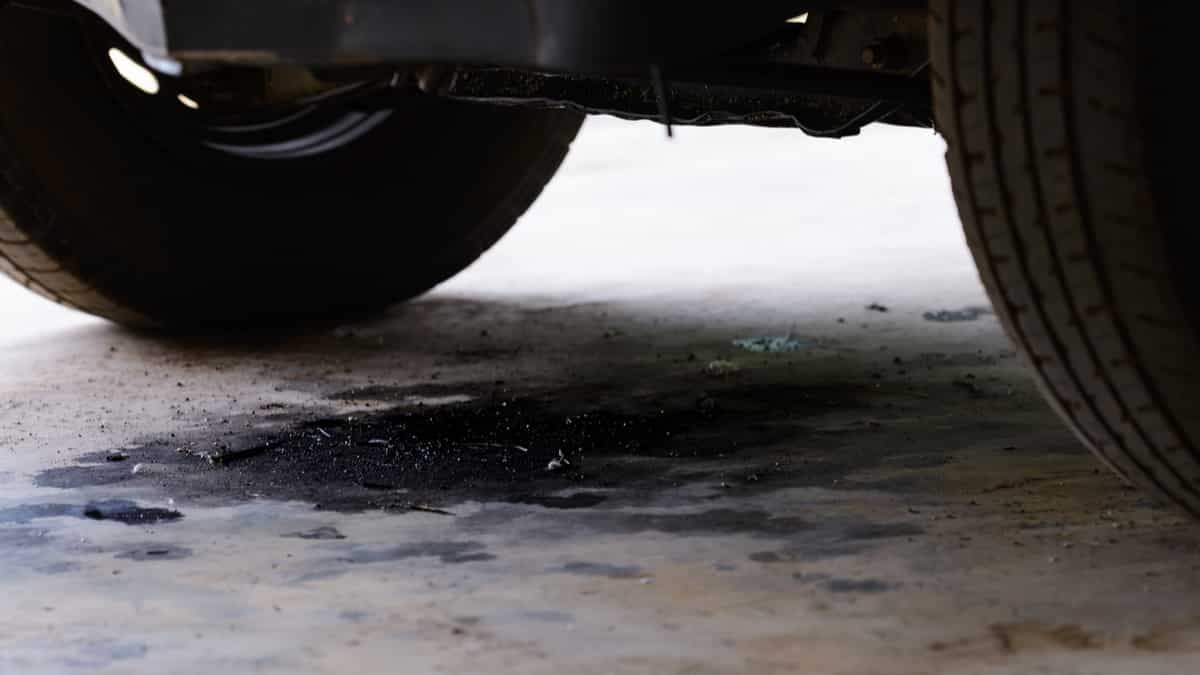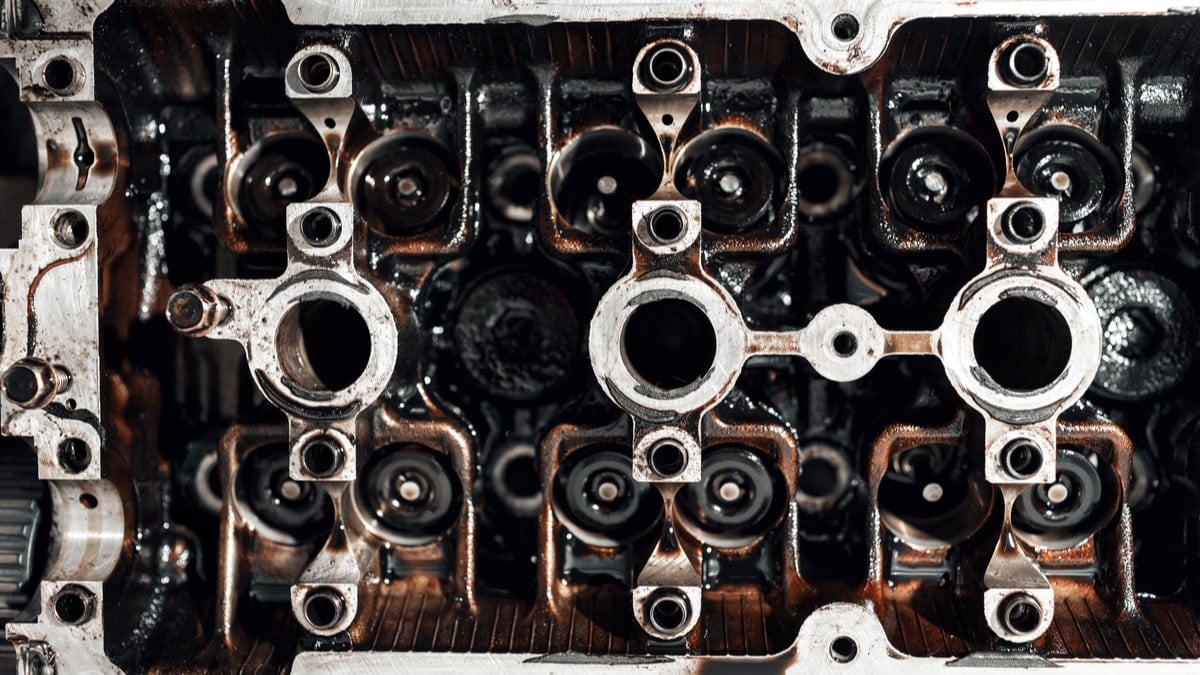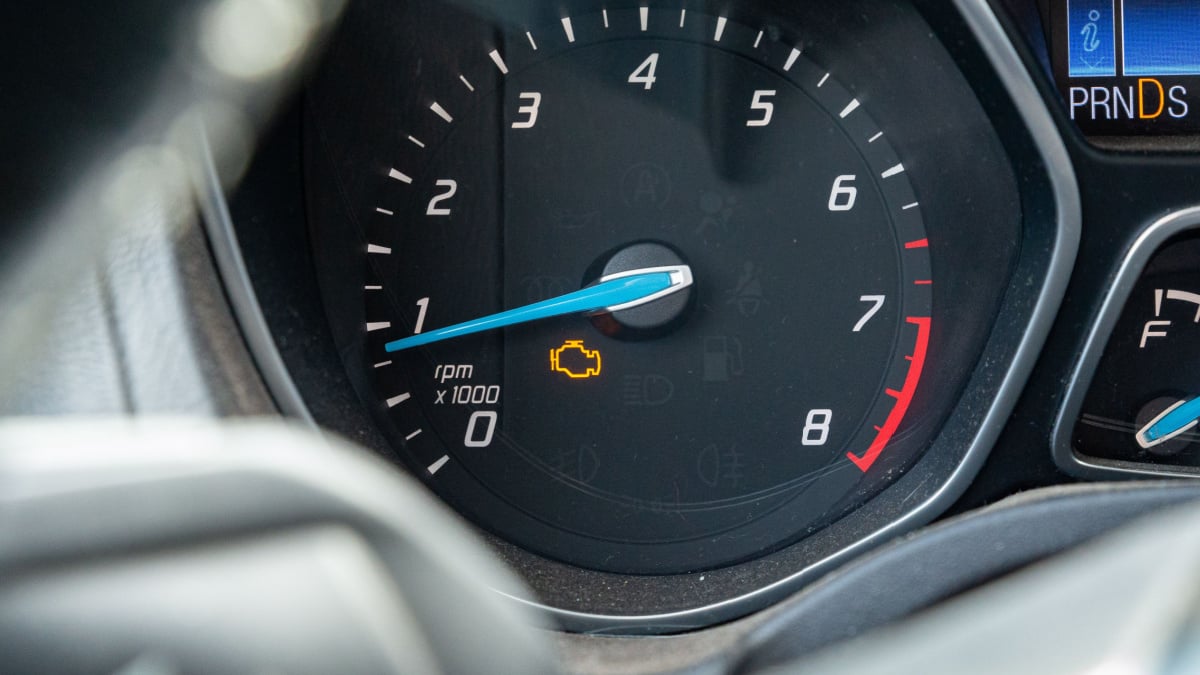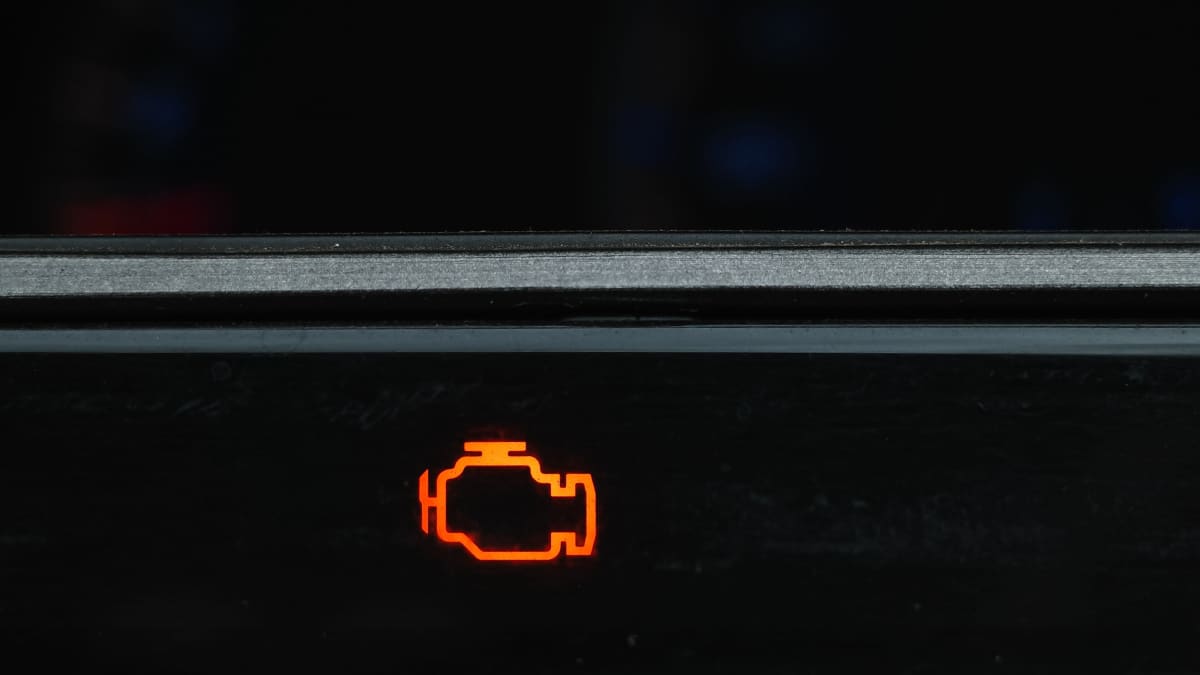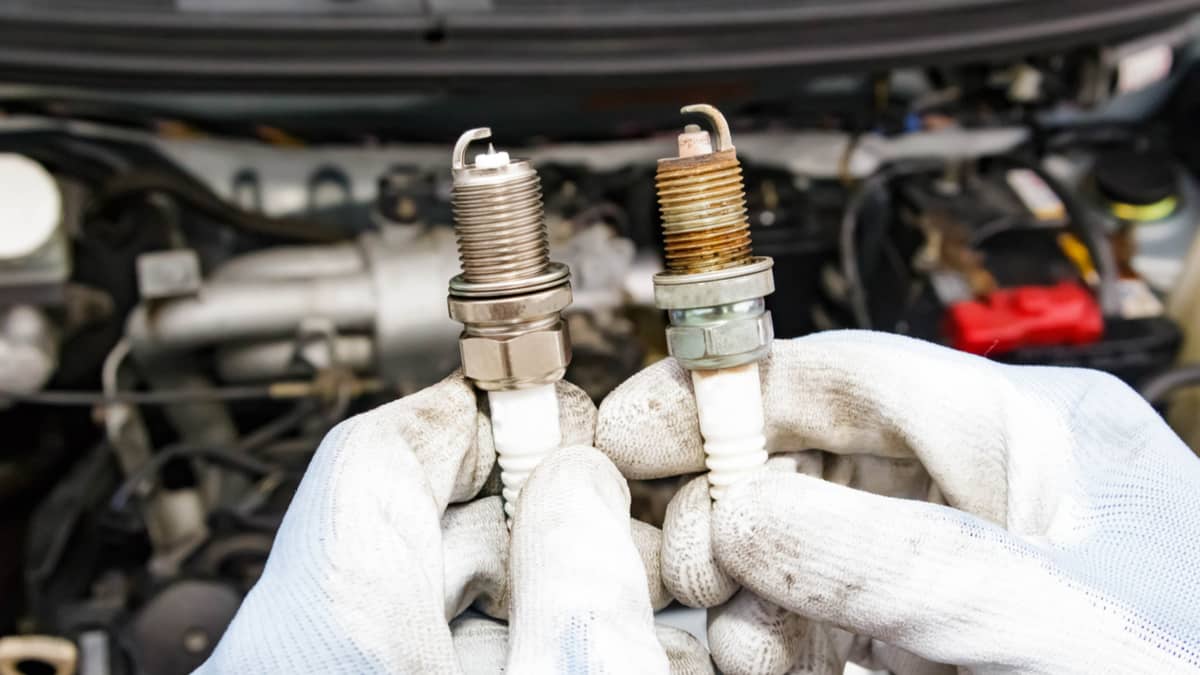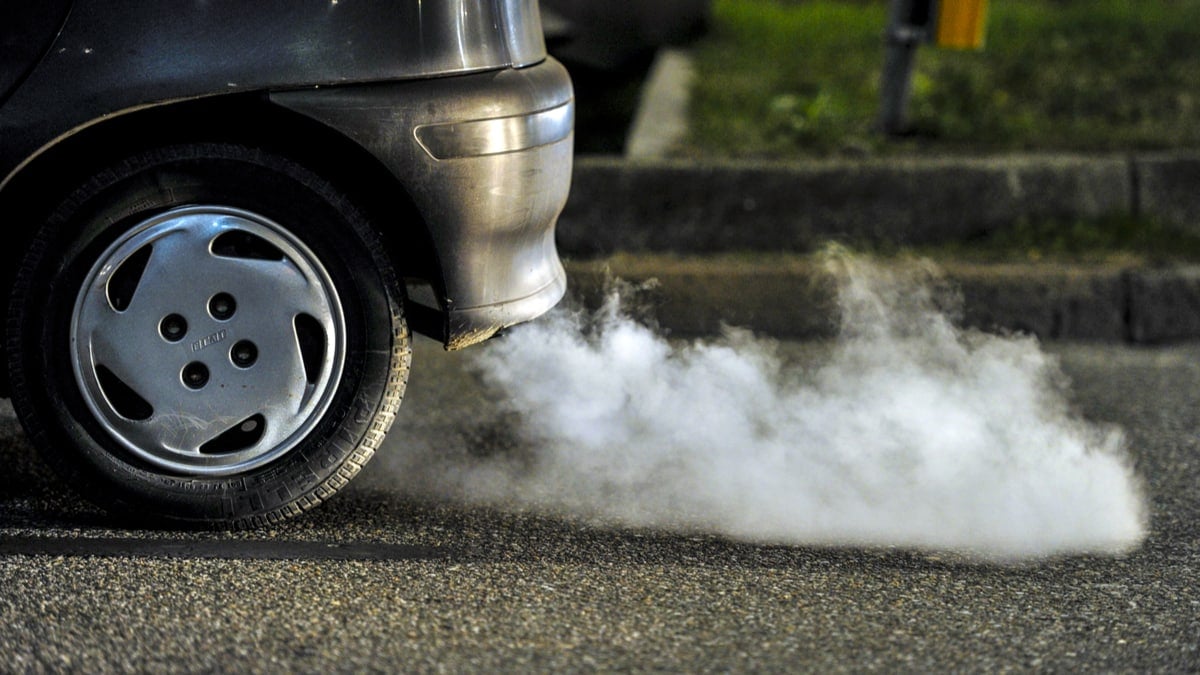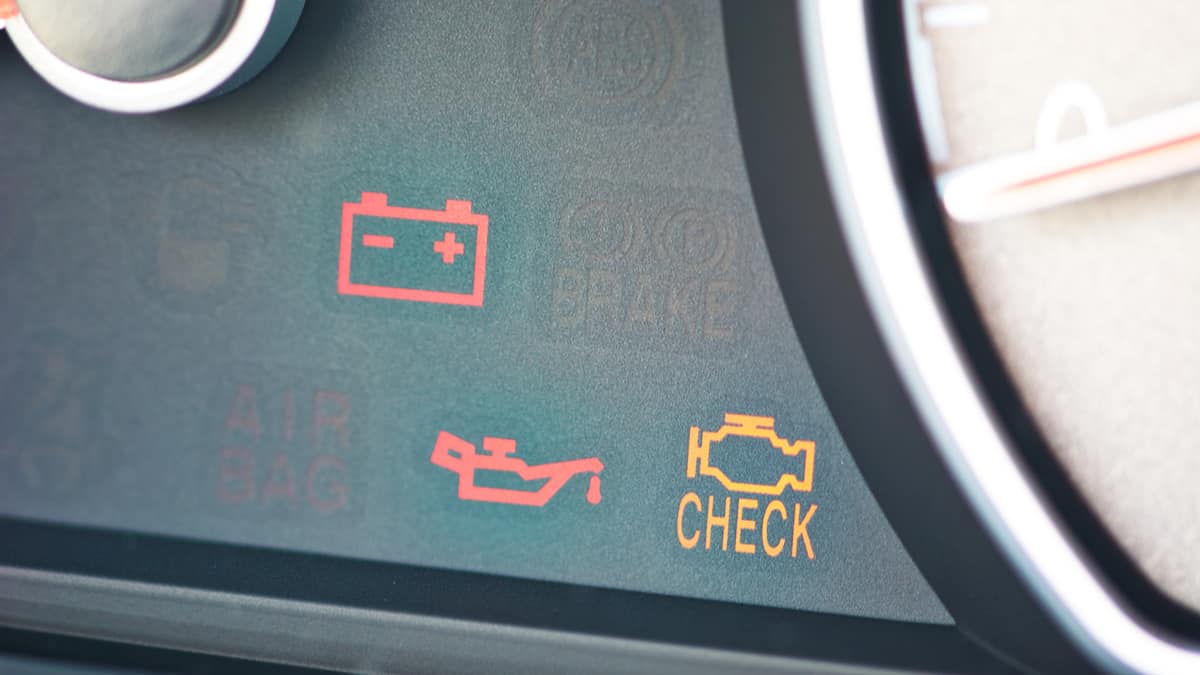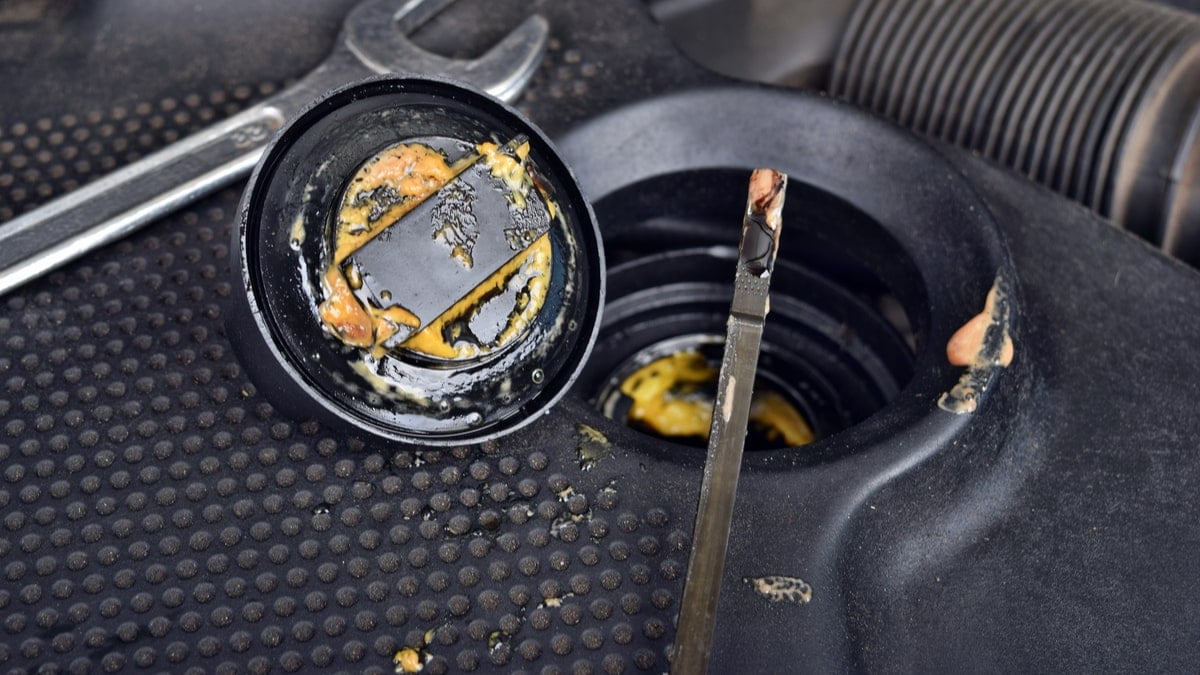The last thing you want to hear while driving are engine ticking noises. These are alarming and for a good reason. Because these noises are not normal, serious engine damage can follow. That’s why it’s important to learn how to deal with the ticking engine noise and resolve it before bigger issues arise.
In this guide, we look at what causes these engine noises. We also discuss the differences between engine knocking vs. ticking. Finally, we show you some possible fixes and give you answers to your most important questions.
Engine Ticking vs. Knocking
Both the sound of the engine ticking and knocking are enough to get your attention. However, the engine knock is much more serious. The ticking is normally indicating something wrong with the top end of the engine, while the knocking indicates internal damage or something wrong with the bottom end.
Knocking is typically indicating a rod or bearing noise. In most cases, these problems turn into an engine rebuild or replacement.
Reasons For A Ticking Engine Noise
The most common cause of ticking is a low oil level. It can also be caused by having contaminated oil or using the wrong viscosity. If the engine doesn’t warm up, the motor can tick. Additionally, low oil pressure, a bad hydraulic lifter, a leaking exhaust manifold gasket or worn engine could be the cause.
Let’s examine these possibilities in-depth.
1. Low Oil Level
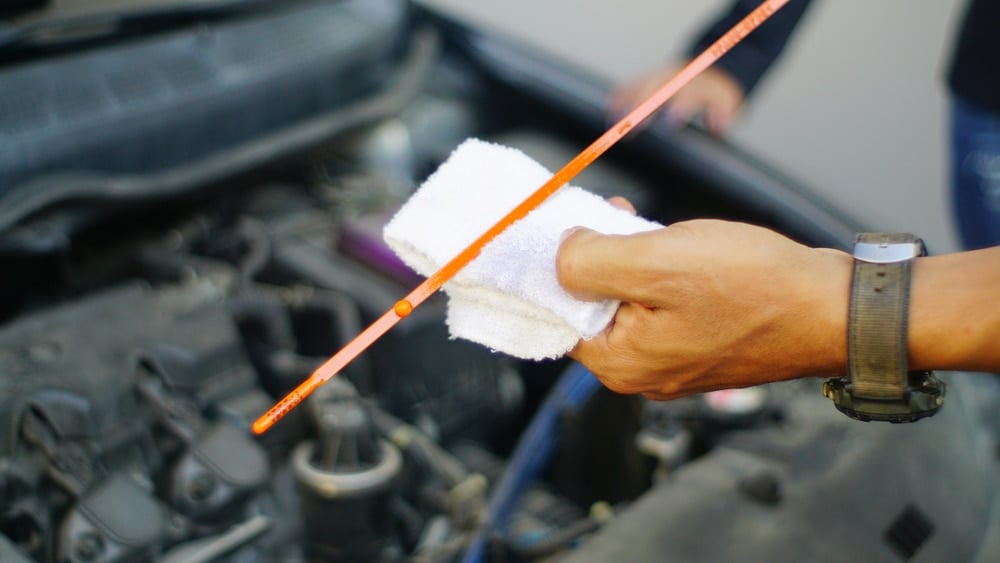
Most often, the ticking is caused by a low oil level and will go away as soon as the system is topped off. When the engine doesn’t have the right amount of oil, pressure drops and ticking begins. Ticking might intensify as you accelerate or push the car harder.
If the oil continues to go low after adding more, there’s probably a leak somewhere. It’s best to repair the leak so the problem doesn’t continue to get worse.
2. Poor Oil Quality Or Wrong Viscosity
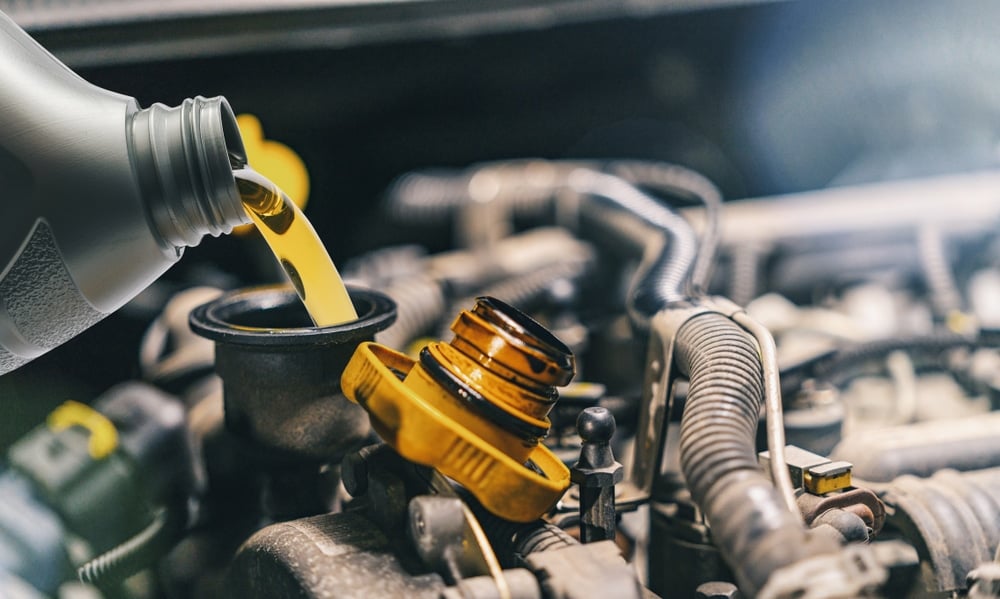
If you haven’t changed the oil and filter recently, that could also be the problem. Contaminated oil or a clogged filter can cause a lack of pressure, which leads to ticking.
Furthermore, it’s important to use the right oil viscosity. Otherwise, the lubrication won’t be sufficient for the internal components of the engine.
RELATED: 10 Best Synthetic Motor Oils
3. Engine Not Warm Or Used Frequently

Sometimes the engine will tick while it’s warming up. As the engine gets warmer, the oil gets thinner, making it easier to circulate through the motor. If you aren’t driving the car enough or for long enough distances, the oil may never get warm enough to thin out.
The modern car doesn’t require an engine warm up before driving. Still, it’s important to drive long enough and at decent speeds for the engine to work its best.
4. Low Oil Pressure
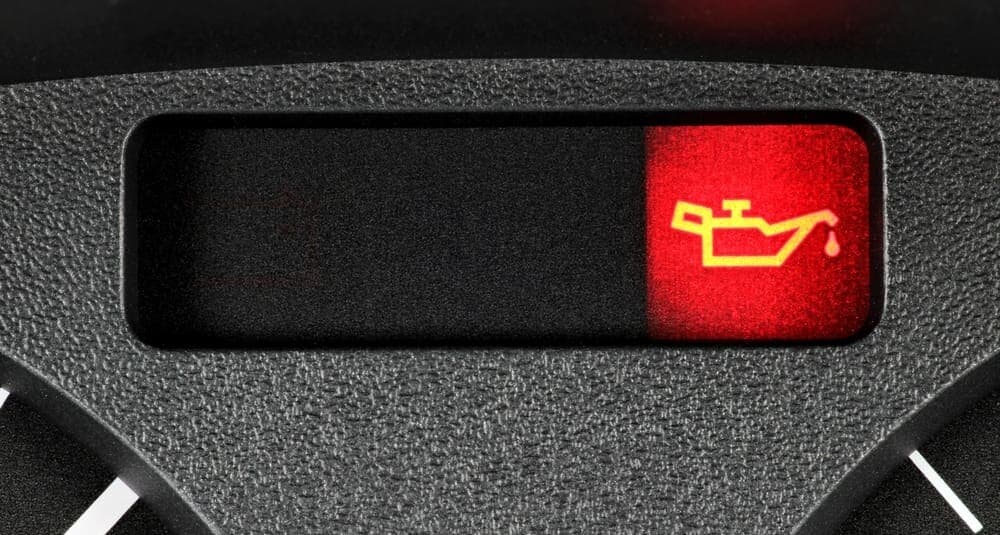
We’ve already discussed a few reasons that the car may have low oil pressure. However, there are also some mechanical reasons for this problem to occur, all of which can lead to ticking.
There are many reasons for low oil pressure, such as a bad oil pump or a clogged oil filter. You can learn more here: 4 Symptoms Of Low Oil Pressure and Common Causes
5. Bad Hydraulic Lifter
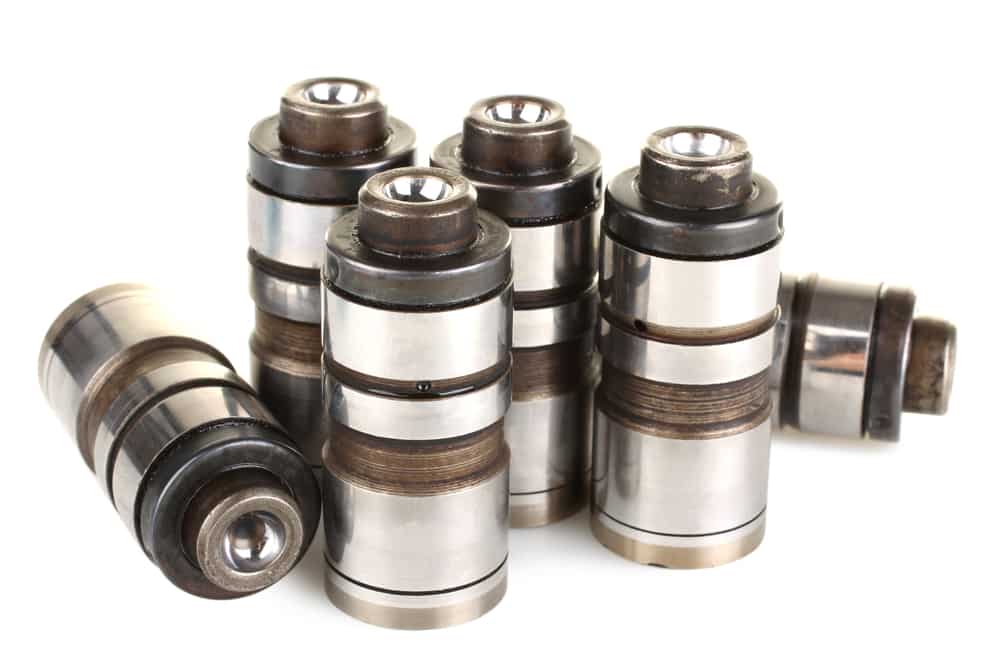
The hydraulic lifters are used to open and close the valves in the engine. Over time, the lifters wear out and may no longer be able to open and close the valves. This problem creates a clicking noise, otherwise known as a lifter tick.
On older vehicles, solid lifters are installed. These can still lead to a problem that creates a ticking sound if the clearance isn’t correct.
6. Leaking Exhaust Manifold Gasket
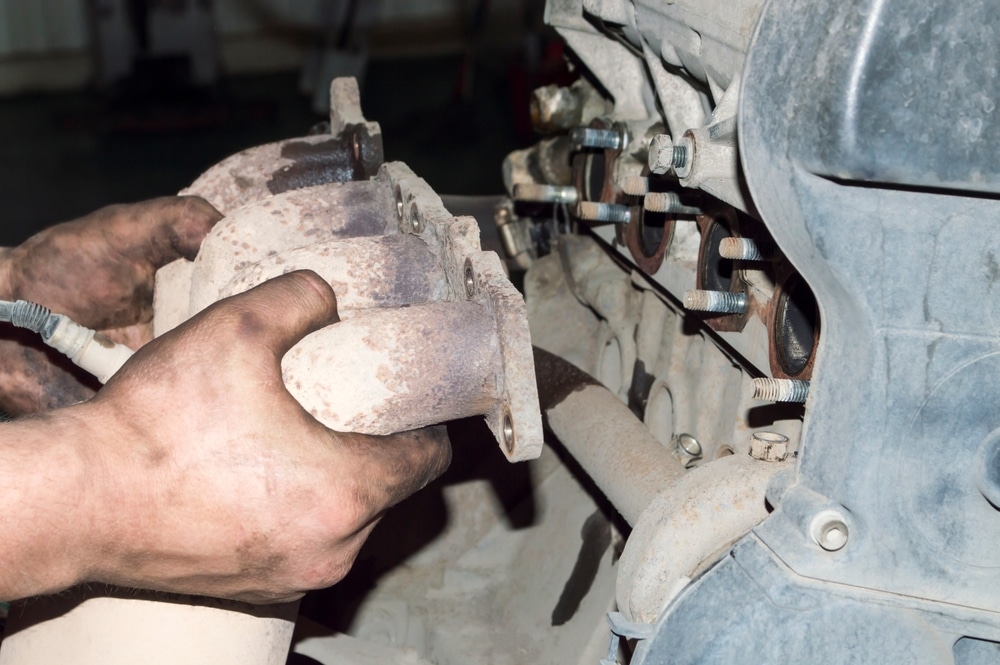
The exhaust manifold routes gases away from the engine. There’s a gasket around the exhaust manifold that can wear out and fail. When this happens, a leak occurs.
As the exhaust gases leak from the manifold, the engine starts to tick, especially at lower RPMs. If the leak isn’t coming from the gasket, it can also be due to a crack in the manifold.
7. Worn Engine
Inside the engine, there are many moving parts that can wear down over time. As the internals of the engine start to wear out, you may hear more noise than normal.
These noises will get worse as time goes on, eventually leading to massive repairs if not corrected sooner. Depending on how bad the situation gets, an engine rebuild or replacement may be required.
How To Fix A Ticking Engine
At the first sign of a ticking engine, you want to figure out what’s wrong and repair it. By promptly addressing the situation, you can prevent larger and more expensive problems. Here’s how we handle this situation as professional mechanics.
1. Check The Oil Level
Your first step is to make sure there’s enough oil in the engine. Check the oil level with the dipstick to see if more needs to be added.
If you continue to add oil, you need to look for a possible leak. Otherwise, the oil could be leaking internally, such as what happens when there’s a blown head gasket.
2. Change The Oil and Filter
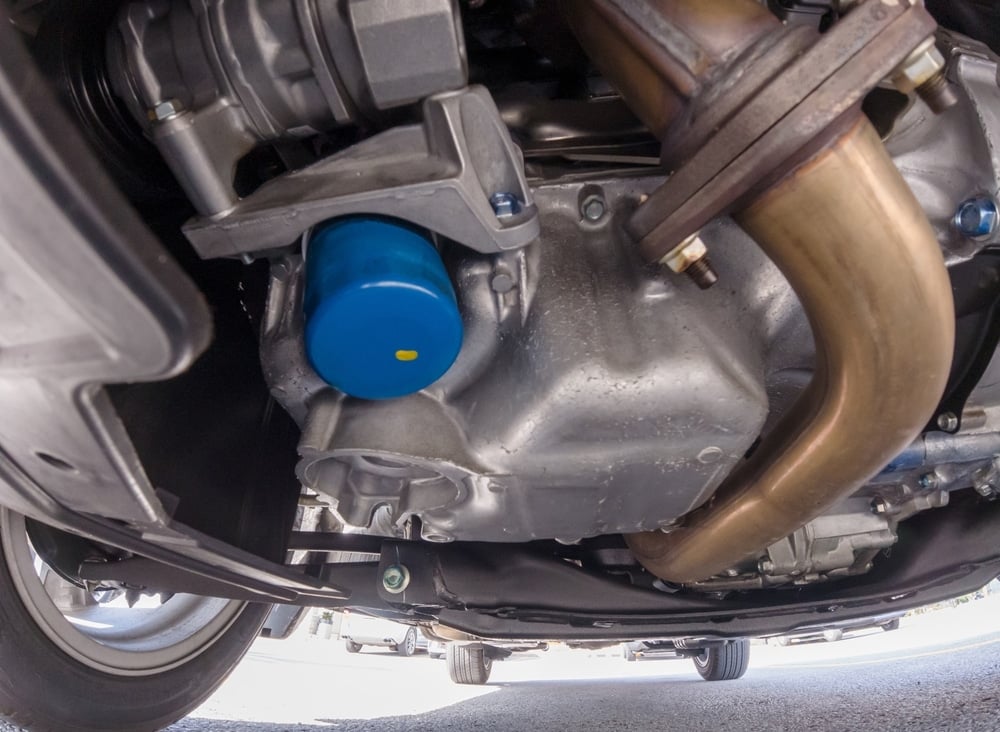
If you notice the oil looks contaminated during the check, it’s time to change it. Drain the oil and fill the system back up with the right viscosity.
Don’t forget to change the filter at the same time. Additionally, you want to take the old oil to an appropriate location for recycling. Most auto parts stores offer free oil recycling.
RELATED: How to Change the Oil in Your Car (5 Easy Steps)
3. Check Oil Pressure
It’s also wise to keep a close eye on the oil pressure gauge on your car. If the oil pressure is dropping, it’s important to figure out why.
However, this gauge isn’t always accurate. For that reason, we recommend manually testing the oil pressure if you are hearing a ticking sound. There could be an issue with the gauge or the sensor that is causing a faulty reading.
4. Let The Engine Warm Up Completely
The engine must reach the normal operating temperature for the oil to flow normally. If you are hearing a ticking only when you first start the engine, let it warm up completely.
You may also consider changing the oil viscosity to make it flow easier. Check the owner’s manual to see what viscosity you should be using or talk to a mechanic for more help.
5. Diagnose Hydraulic Lifters
If the engine ticking is continuous, no matter what temperature the engine is, the lifters are probably to blame. A faulty hydraulic lifter must be replaced. You could replace just one, but we often recommend replacing them all because the others could fail shortly.
If you have solid lifters, you may be able to adjust them. However, this is a complicated procedure and should only be performed by a professional.
6. Look For Exhaust Manifold Leaks
You may be able to find an exhaust leak simply by listening to it. Start the engine while it’s cold and listen for sound from the manifold. You may also see soot stains at the source of the leak.
Depending on your vehicle and the severity of the problem, you may need to take off the exhaust manifold to find the leak. Take a look for hairline cracks that would be letting exhaust through. This inspection may also require the use of a flashlight.
7. Contact A Professional
If you are having trouble getting to the heart of the problem, it’s best to get some help. We recommend calling an ASE-Certified Technician for car repair, as these professionals have been trained.
You will pay for diagnostics, which is often a flat fee. After the problem is discovered, you should be able to get a comprehensive estimate before any work is performed.
Is it bad if your engine is ticking?
Yes, the ticking sound indicates engine trouble. However, the problem could be as simple as low engine oil or using the wrong viscosity. It’s best to figure out what’s causing the ticking so it can be repaired before any major damage occurs.
Why does my engine tick while idling?
If your engine is ticking, it’s important to check how much oil is in the system. If it’s low, you want to fill it up. You may also need to perform an oil and filter change if it is contaminated or old. Make sure you use the right viscosity oil. Otherwise, there could be a mechanical problem that should be looked at.
How long will a ticking engine last?
If the oil hasn’t warmed up and that’s causing the ticking, it should stop as soon as the motor reaches normal operating temperature. Otherwise, the ticking will continue until you figure out what’s causing the problem and you repair it.
Can you drive with a ticking engine?
The car will continue to drive even though the engine is ticking, so nothing is stopping you from using the vehicle. However, we don’t recommend driving with engine noises. Whether it’s a simple problem or something more complicated, it’s best to repair it before serious engine damage occurs.
Engine ticking is sure to get your attention, as it does ours. Even as mechanics, we get alarmed every time we hear this annoying sound because we know it could mean something serious. There’s no time to waste once ticking starts.
Either diagnose the problem yourself or visit a local mechanic. Whatever you do, don’t neglect it and act like it’s not happening. You have the power to prevent engine damage by paying attention to these little sounds when they first begin.
Categories: Engine, Troubleshooting
